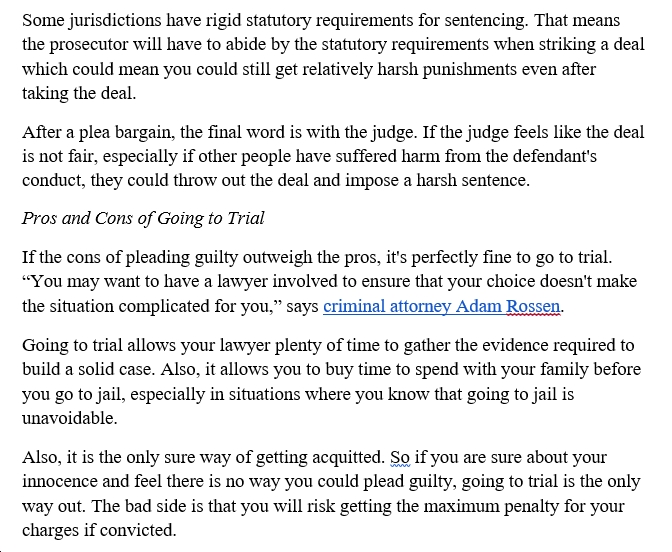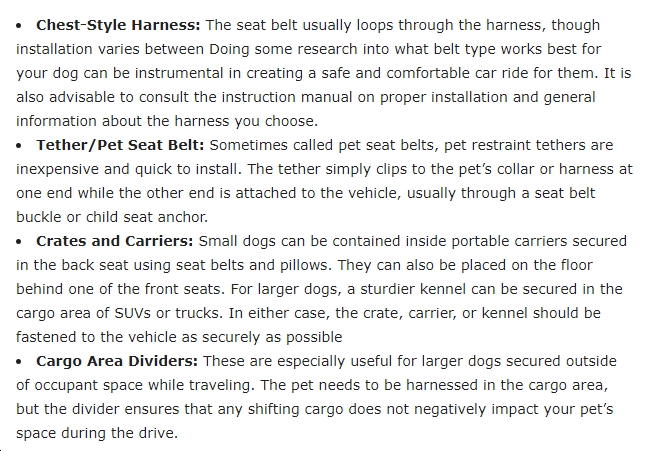SPONSORED CONTENT
A Policy Change Regarding the Parole Status of Certain Cubans Announced By USCIS
The United States Citizenship and Immigration Services (USCIS) issued a notice on February 23rd, 2022 regarding previous denials of adjustment under the Cuban Adjustment Act (CAA). This was for those Cubans who arrived at the border and were then marked by the Department of Homeland Security (DHS) as “arriving aliens”, and were then released despite their removal proceedings.
The notice also mentioned what procedure would be required for those applicants who want to reopen their adjustment cases. Based on the new policy, simple release from DHS custody will be constituted as “parole” in case of this act.
History of the Cuban Adjustment Act
Under the CAA’s Public Law 89-732, this applies to Cuban citizens or “natives,” allowing them to qualify to receive lawful permanent resident status. There are some requirements for this qualification.
- They have been inspected and admitted or paroled into the United States and are physically present in the United States for at least one year at the time of application.
- They must be admissible to the United States and should merit a favorable exercise of discretion.
Those Cubans held at ports of entry and pursued the wet foot/dry foot policy were paroled under INA § 212(d)(5) to seek adjustment under the CAA. According to Immigation Attorney Zaira Solano, “Although the policy officially ended in 2017, many Cuban natives were still being released at the border while their INA § 240 proceedings were still in process. This was done with or without giving them documents that showed the INA § 212(d)(5) parole.”
Since a historical Miami immigration judge decision in 2021, many practitioners started helping Cuban clients pursue adjustments under the CAA. They stated that their release from DHS custody at the border does count as parole under INA § 212(d)(5), which is why it matches the requirement that states that the applicant must have been either paroled or inspected and then admitted.
USCIS officers often approve adjustment applications where the applicants give documents that clearly show INA § 212(d)(5) parole. Still, if the required documents are not available and the applicant fails to provide them, the application is not accepted and is denied.
Who Is CAA Available for Since the Issuance of the New Notice from USCIS?
On February 23rd, 2022, USCIS announced that it would now begin a process for the Cubans who had previously been denied adjustment under the CAA due to the sole reason of being unable to prove that they had been paroled or admitted. In the new notice, USCIS hinted that the new process is available for natives or citizens of Cuba who meet the following criteria:
- They should meet the definition of an “arriving alien”.
- They were initially released by DHS from its custody into the United States under INA § 236 before the entry of the removal order under INA § 240.
- They must also have not left the United States since this initial release by DHS from DHS custody.
- They should have previously applied for adjustment of status under the Cuban Adjustment Act by filing Form I-485, Application to Register Permanent Residence or Adjust Status with USCIS.
- They should have previously been denied their Form I-485 based solely on a USCIS determination that they could not meet the requirement of being admitted or paroled.
What Can Applicants File?
There are various documents that applicants can now file in this process. A new Form I-485 with USCIS, with fee or Form I-912, Request for a Fee Waiver, can be filed. If eligible, a timely Form I-290B, Notice of Appeal or Motion with USCIS, with fee or Form I-912, is also acceptable. If an individual filed Form I-290B timely and the above criteria are met, the USCIS will look into and re-adjudicate the previously denied Form I-485.
Even an untimely Form I-290B, with a fee or Form I-912, can be used for one year from February 23rd, 2022. However, this should be marked, “UNTIMELY MTR – DENIED CAA I-485 FOR NO ADMISSION OR PAROLE.” The applicants that meet this criterion must attach a copy of the USCIS notice on top of any new Form I-485 or Form I-290B, to show that they meet the requirements, and provide documented proof of such criteria with their filing. Any further evidence of INA § 212(d)(5) parole by the DHS must be attached to the file if applicable to the case.


















